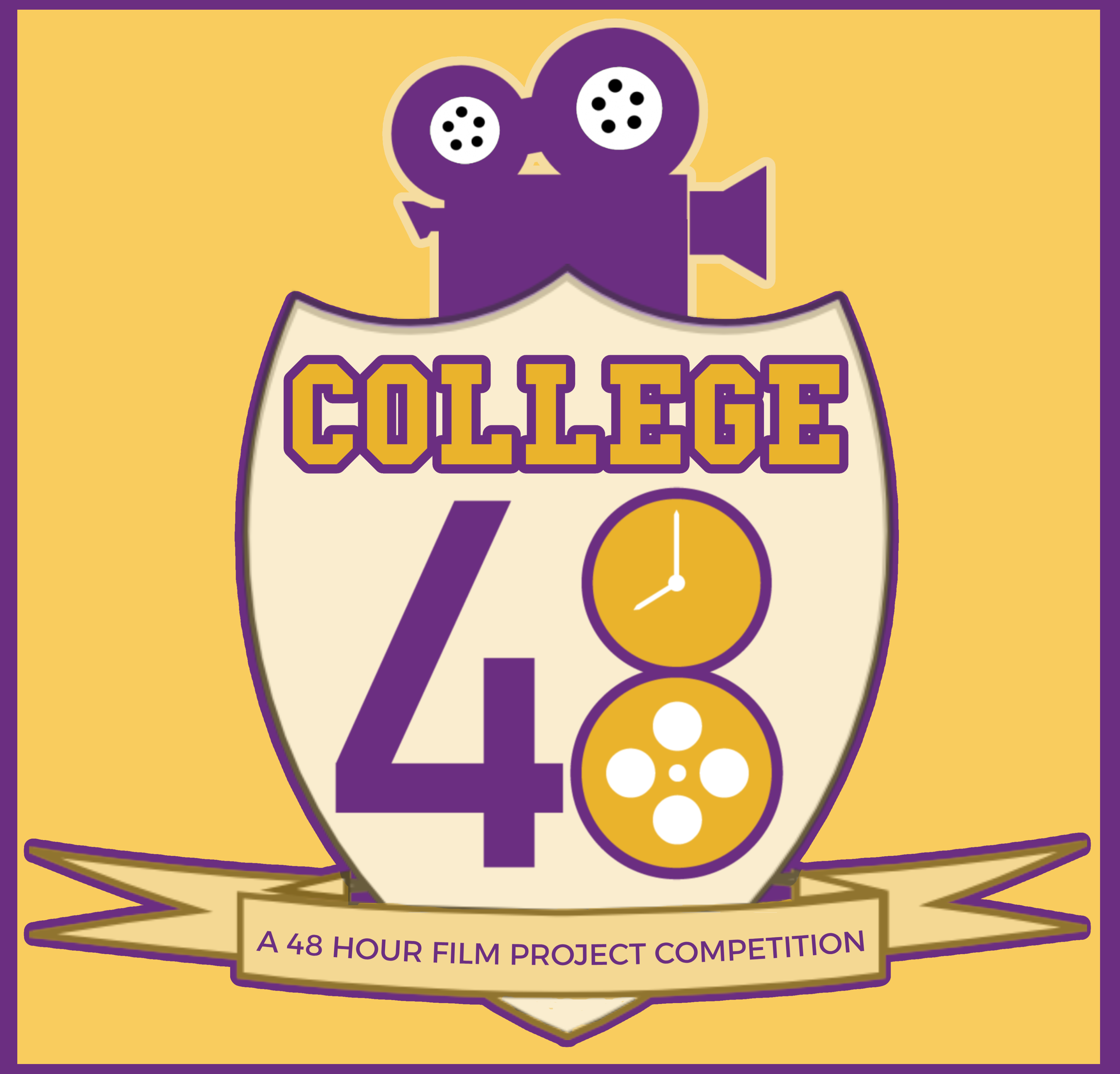Scotland 21
Listen to Scotland 21, a 22-year-old woman from Stirling, Scotland. Click or tap the triangle-shaped play button to hear the subject.
Both as a courtesy and to comply with copyright law, please remember to credit IDEA for direct or indirect use of samples. IDEA is a free resource; please consider supporting us.
BIOGRAPHICAL INFORMATION
AGE: 22
DATE OF BIRTH (DD/MM/YYYY): 31/12/1988
PLACE OF BIRTH: Falkirk, Scotland
GENDER: female
ETHNICITY: Caucasian
OCCUPATION: waitress
EDUCATION: bachelor of arts degree, with honors in English
AREA(S) OF RESIDENCE OUTSIDE REPRESENTATIVE REGION FOR LONGER THAN SIX MONTHS:
The subject was raised in Stirling (Bannockburn), Scotland.
OTHER INFLUENCES ON SPEECH: N/A
The text used in our recordings of scripted speech can be found by clicking here.
RECORDED BY: Lora Miller (under supervision of David Nevell)
DATE OF RECORDING (DD/MM/YYYY): 10/11/2010
PHONETIC TRANSCRIPTION OF SCRIPTED SPEECH: N/A
TRANSCRIBED BY: N/A
DATE OF TRANSCRIPTION (DD/MM/YYYY): N/A
ORTHOGRAPHIC TRANSCRIPTION OF UNSCRIPTED SPEECH:
Right, we’re baking a big cake for Detour. Um, we’re going to make a piece and pound coins, which is a Scottish term, even though piece and pound coins isn’t actually a real thing. A piece is like, um, like a sandwich, yeah, like a piece and jam or a piece and ham, yeah, a piece and cheese. So from this little cartoon we’re making a cheese piece, yeah. A jelly piece is also a Scottish thing. Jelly, it’s like jam piece. Like a piece of jam, is a jelly piece. Um, and so we’re making a piece and pound coins from this, like, video that’s on the Internet. What we’re doing is we’re slicing up big Madeira sponge cake ’cause it looks like slices of like, bread, like bread. Oh no! And one of them just broke, sadly. We can, we can fix him! Or you could just eat it. Um, oh no careful, careful they’re all breaking, they’re all breaking. Keep them. We’ve got glue! We have glue, we have edible glue which cost me 2 pound 5 off the Internet, but it’s out of date. Oh well, I will not be using that, I just cut sensibly. Um, yeah so we’re gonna make, we’re gonna slice up Madeira cake, and then we’re gonna slice up little, um, fairy cakes and then we’re gonna put the fairy, whoops, the fairy cakes, we’re gonna ice them with like gold and yellow icing so they’ll look like pound coins, which is something obviously you don’t have because you’re American. Yeah, cents. And then we’ve got some like chocolate coins and stuff to put it on the outside. And, um, we’ve got icing to make it look even more like bread, although I actually don’t think we’re gonna need it. Yeah, just gonna eat the icing with a spoon. Um, so right now what we’re doing is we’re slicing up the bread, the Madeira cake bread, which looks really good actually. And then we’re going to slice the fairy cakes in half, ice them, and then put them in the middle. And then we’re going to set them up like a big tray of sandwiches. And uh, we managed to get the tray from a really nice man in the supermarket. And I went up and I was like excuse me, can, can you help me please? Because we really need a tray, we’re making a cake and he tried to give me a banana box and that just didn’t work. And, uh, yeah and then we’re going to present it with pound coin stuff right on the side and a candle in it because it’s Detour’s birthday. Now, Detour is like this big music thing at, um, Bloc. It’s like a music thing at this place called Bloc in Glasgow, and it’s, there’s bands that get goin’ and can be a video of all the best bands, and Detour, in fact go look at it Lora, even though you’re listening: www.detour-scotland.com. Anyway, it’s really good. Anyway, I think 2 minutes 52 seconds should be enough of me chattin’ away. If you need anymore, let me know!
TRANSCRIBED BY: Lora Miller (under supervision of David Nevell)
DATE OF TRANSCRIPTION (DD/MM/YYYY): 15/11/2010
PHONETIC TRANSCRIPTION OF UNSCRIPTED SPEECH: N/A
TRANSCRIBED BY: N/A
DATE OF TRANSCRIPTION (DD/MM/YYYY): N/A
SCHOLARLY COMMENTARY:
Scotland’s variety of dialects is far more diverse than countries such as England or Wales. Dialects in smaller cities seem to be more pronounced and more like that of the old language spoken throughout Scotland, Scottish Gaelic. Less than 2 percent of Scotland’s residents can speak any Scottish Gaelic today, and the language is mostly spoken in the Hebrides but has greatly affected the way English is spoken throughout the country. The country generally speaks in Standard Scottish English, but there is another form of speaking called Scots, which descended from Old English, that is commonly spoken in rural communities throughout the country. Linguists debated for years on whether Scots is a separate dialect or its own individual language, but it has recently been proclaimed as a traditional language. Most Scottish residents speak interchangeably between the two, speaking in the local dialect of their towns or cities but keeping with words and phrases traditionally associated with Scots, such as using the word “wee” for little. Some characteristics of this subject’s dialect include [eɪ] to [e], as in face, fate, break, same, change, tray; [aʊ] to [ɛʊ], as in mouth, town, allowed, flower, hour, round; [u] to [y], as in goose, choose, two, truth, soon, chew, juice, group, lose; [ɑ] to [a], as in palm, calm; [ʌ] to [ʊ], which is achieved by less lip rounding while attempting the vowel sound, as in book, look, soot, should, bull, bosom; and [i] to [ɪ] for words that end in /y/, as in sensibly, territory, veterinary. Also note that in this particular region of dialect, the Scottish /r/ is only tapped, not trilled as some other regional dialects. Therefore, [ ɻ ] becomes [ ɾ ] but generally only on words with -rr or -rer spellings. The use of the tapped /r/ sound is non-specific with this particular region. For example: nearer, mirror, carrot. Lastly, in the beginnings of words or syllables, [ l ] becomes [ l ̴ ] , which is a darker [ l ] sound English speakers often use at the ends of words/syllables. For example: playful, collect, flames, clear, flail, bloom, asleep.
COMMENTARY BY: Lora Miller (under supervision of David Nevell)
DATE OF COMMENTARY (DD/MM/YYYY): 10/11/2010
The archive provides:
- Recordings of accent/dialect speakers from the region you select.
- Text of the speakers’ biographical details.
- Scholarly commentary and analysis in some cases.
- In most cases, an orthographic transcription of the speakers’ unscripted speech. In a small number of cases, you will also find a narrow phonetic transcription of the sample (see Phonetic Transcriptions for a complete list). The recordings average four minutes in length and feature both the reading of one of two standard passages, and some unscripted speech. The two passages are Comma Gets a Cure (currently our standard passage) and The Rainbow Passage (used in our earliest recordings).
For instructional materials or coaching in the accents and dialects represented here, please go to Other Dialect Services.
 IDEA: International Dialects of English Archive
IDEA: International Dialects of English Archive





